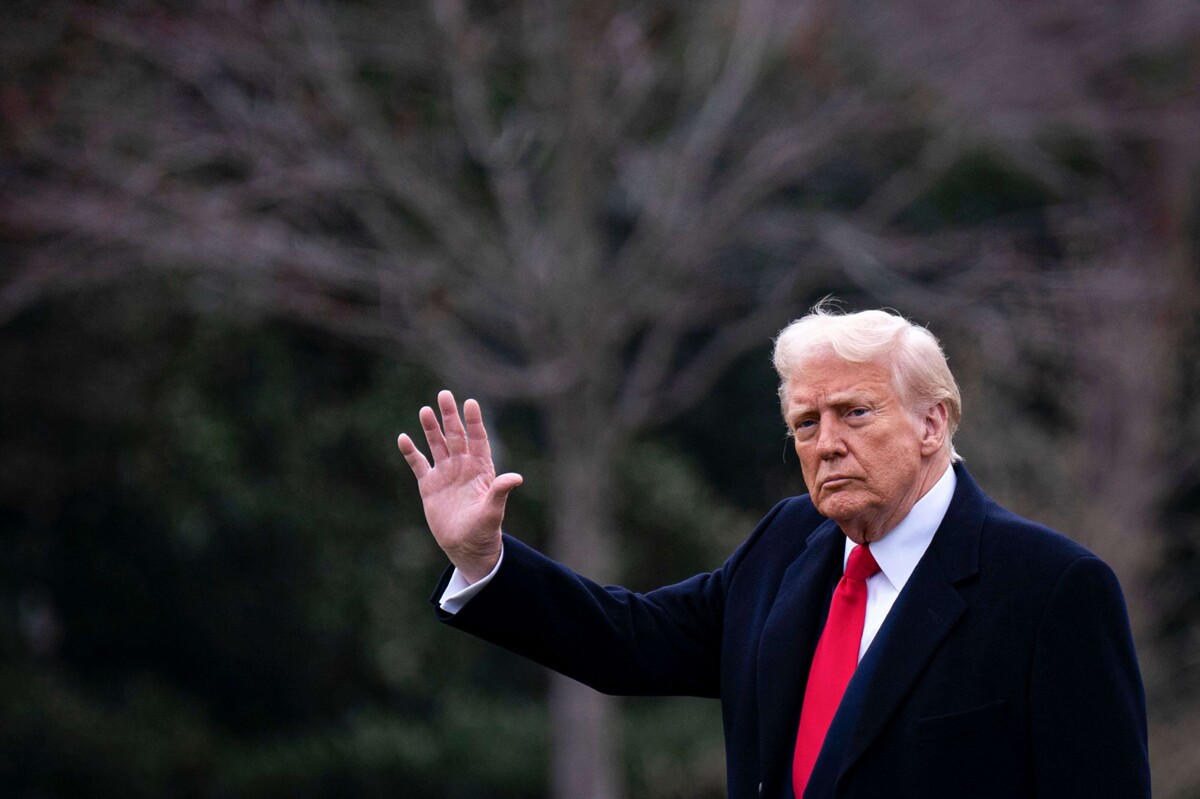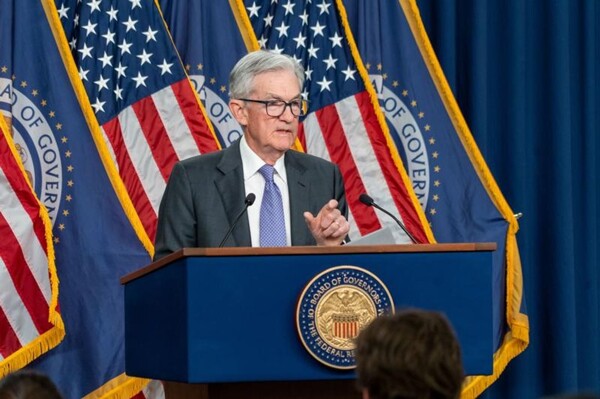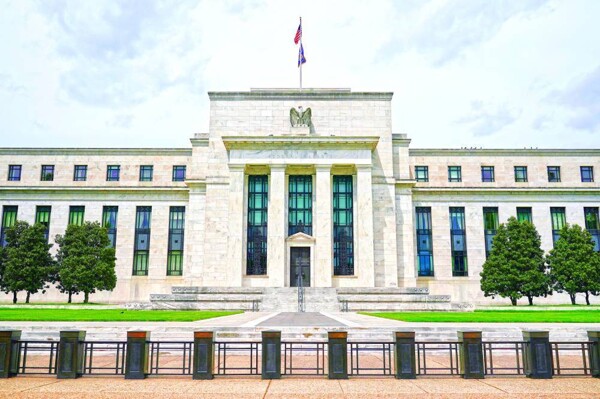
The imposition of tariffs by Donald Trump on aluminum and steel has generated concern among experts, who warn that the response measures from countries will affect millions of American workers, especially those who voted for the Republican president.
Since Trump took office as president of the United States, he has threatened tariffs on his main trade partners such as Mexico, China, and Canada, accusing them of being responsible for issues like the fentanyl crisis and immigration. In response to these threats, China and Canada, along with other countries, could impact approximately 7 million American workers who depend on companies that import or export from areas subject to tariffs.
According to a New York Times investigation, it is estimated that nearly 4.48 million people residing in areas most affected by the tariffs voted for Trump, while 3.26 million live in areas where Kamala Harris was imposed. Although this does not mean that all these voters will lose their jobs directly, the companies they work for could experience decreased sales and profits due to the tariffs.
The impact of the tariffs has been particularly forecasted in industries such as agriculture, coal, oil, and auto parts in the Midwest, South, and Southeast of the United States. The manufacturing industry, which was one of the sectors that Trump promised to revitalize during his campaign, would be particularly affected by these policies.
Experts on the subject, such as the Brookings group, have warned that other countries may consider the counties that voted for Trump as targets for retaliatory tariffs. Robert Maxim from Brookings Metro pointed out that countries could see this as an opportunity to harm the United States, just as Trump intends to harm them through tariffs.
Despite the warnings and risks associated with the tariffs, Trump has continued to promote these measures, arguing the need to reduce the U.S. trade deficit. While the tariffs are on hold for Mexico and Canada, this strategy has been used as a way to pressure these countries on security issues. On the other hand, the announcement of reciprocal tariffs for European countries has created additional tensions on the international stage.














